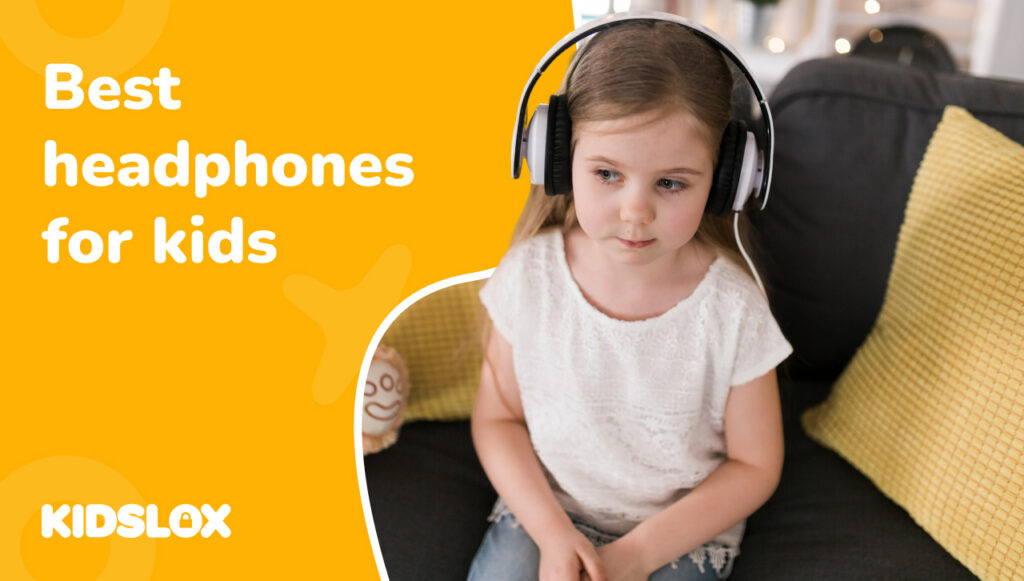How to Find Common Ground in Parenting
Parenting is hard enough on its own, but when you and your partner can’t agree on how to raise your child, it can feel impossible. Whether it’s different discipline styles, disagreements about screen time, or just frustration at unequal effort, parental conflict is something almost every family experiences at some point.
The good news? Disagreements don’t have to damage your relationship, or your child. With the right mindset and communication, you can bridge the gap and build a more united front.
What Is Parental Conflict?
Parental conflict happens when caregivers disagree on how to raise their children. It might look like one parent being strict while the other is lenient, one believing in firm rules while the other prefers flexibility or undermining the choices of the other.
These clashes can happen over big issues like schooling, discipline, and routines or daily ones, like what kids should eat for dinner or how long they can play video games.
Occasional conflict is normal, but when arguments become frequent, emotionally charged, or happen in front of your children, it can have a lasting impact on your child.
How Parental Conflict Impacts Children
Children are sensitive to tension. Even if you think you’re hiding it well, they pick up on tone, body language, and changes in routine. Research shows that ongoing parental conflict can affect a child’s emotional security, behaviour, and mental health.
Some common signs of parental conflict impact on a child include:
- Anxiety, stress, or worry about “keeping the peace”
- Behavioural issues or defiance at home or school
- Difficulty concentrating or sleeping
- Copying argumentative behaviour in friendships or sibling relationships
- Feeling like they have to “take sides”
Children don’t need parents who agree on everything, but they do need to feel safe, loved, and supported by both. That means learning to disagree well.
When Parenting Styles Clash
It’s common for partners to bring different upbringings and values into parenthood. Maybe one parent grew up in a strict household, while the other had more freedom. Or one parent values structure, while the other prefers flexibility.
This clash can lead to parenting conflict, especially when you both believe your way is the “right” one.
You might have said or heard things like:
“You’re too soft on them.”
“You’re overreacting.”
“You’re making me the bad guy.”
Sound familiar? You’re not alone. These comments often come from frustration, fear of losing control, or of not protecting your child in the right way.
Feeling The Strain of Unequal Responsibilities
Have you ever told a friend, “I hate parenting with my husband!”? Or, felt like your wife or partner undermines all your parenting decisions? You’re not alone!
Sometimes, this frustration comes down to unequal parenting roles. Maybe you feel like you’re doing most of the emotional or physical labour like school runs, meals, bedtime routines while your partner checks out.
When that happens, resentment can build fast. You might start to see your partner not as a teammate, but as another obstacle to get through the day and complain to friends and family that you hate parenting with your husband, wife or partner.
The first step toward change is honesty. Share how you feel without blame:
“I feel overwhelmed when I have to handle discipline alone.”
“It would mean a lot if we could agree on the screen-time rules together.”
This approach focuses on the problem, not the person.
Is Your Husband or Partner Just a Lazy Parent?
You might notice they’re distracted on their phone during playtime, skip bedtime routines, or hand the tablet over too quickly just for peace and quiet.
Before labelling them lazy, it helps to look beneath the surface. Often, one partner’s “laziness” is actually burnout, uncertainty, or a different comfort level with parenting tasks.
Try reframing the conversation from criticism to curiosity:
“I’ve noticed I’m taking on most of the morning routine, can we figure out a better balance?”
Approaching it as teamwork rather than blame keeps defensiveness low and cooperation high.
Parent Conflict Over Technology and Screen Time
Few things spark parental conflict faster than screens.
One parent might worry that too much tech harms focus and sleep. The other might see devices as harmless fun or a learning tool.
Here’s how to reduce arguments about tech use and set healthy, united limits:
1. Acknowledge Each Other’s Fears
Maybe one of you worries about online safety while the other fears social isolation if the child can’t join group chats. Both concerns are valid. Start by listening without interrupting.
2. Agree on Shared Non-Negotiables
Decide together what matters most: no phones at meals? No gaming before homework? No screens after 9 p.m.? Write it down so both parents can stick to the same standard.
3. Use Tools to Take the Pressure Off
If screen time leads to daily arguments, apps like Kidslox can help enforce agreed-upon limits automatically, removing the need for one parent to play “bad cop.” You can block certain apps, set schedules, and monitor use across devices so you can focus on family, not fights.
4. Model the Behaviour You Expect
Children notice if you’re scrolling during dinner but asking them not to. Make device-free zones for everyone, including you.
When parents present a united, consistent approach, kids quickly learn what’s acceptable and when. That’s how you turn conflict into collaboration.
Bridging Parental Conflict: Steps to Reconnect
If parental conflict has been growing, here are practical steps to rebuild balance and trust.
1. Pause Before You React
In the heat of disagreement, it’s easy to fire back with sarcasm or frustration. Before responding, take a breath. You’re not enemies — you’re partners trying to do your best.
2. Pick the Right Moment
Avoid hashing out disagreements in front of your kids. Wait until they’re asleep or out of earshot. Private discussions prevent confusion and protect your child’s sense of security.
3. Find Common Ground
Instead of focusing on differences, identify what you both want for your child: kindness, safety, good health, happiness. You’ll likely realise your end goals are the same — only the methods differ.
4. Divide and Conquer
Play to each other’s strengths. If one parent is better at bedtime routines and the other at schoolwork, split responsibilities accordingly.
5. Use “I” Statements
Replace “You never help!” with “I feel stressed when I handle bedtime alone.” It reduces blame and opens the door for problem-solving.
6. Get Outside Support if Needed
If arguments are constant, consider family counselling or parenting workshops. A neutral third party can help you both feel heard.
Reducing Parental Conflict Day-to-Day
Reducing parental conflict doesn’t mean eliminating all disagreements, it means learning to navigate them calmly.
Here are a few everyday strategies:
- Check in weekly. Schedule a short “parent meeting” to review routines, rules, or any issues with the kids.
- Stay flexible. What worked when your child was 5 may not work at 10.
- Respect differences. Your partner’s way might not be wrong, just different.
- Apologise often. Kids learn humility from seeing parents admit mistakes.
Even small efforts at collaboration can make a huge difference in family harmony.
When to Worry: Signs of Harmful Conflict
Some disagreements go beyond normal frustration. Seek help if you notice:
- Constant arguments in front of your child
- One parent undermining the other’s authority
- Stonewalling or silent treatment lasting days
- Your child showing signs of stress, aggression, or withdrawal
In these cases, bridging parental conflict may require professional support. Family therapy or mediation can help you rebuild communication and trust.





